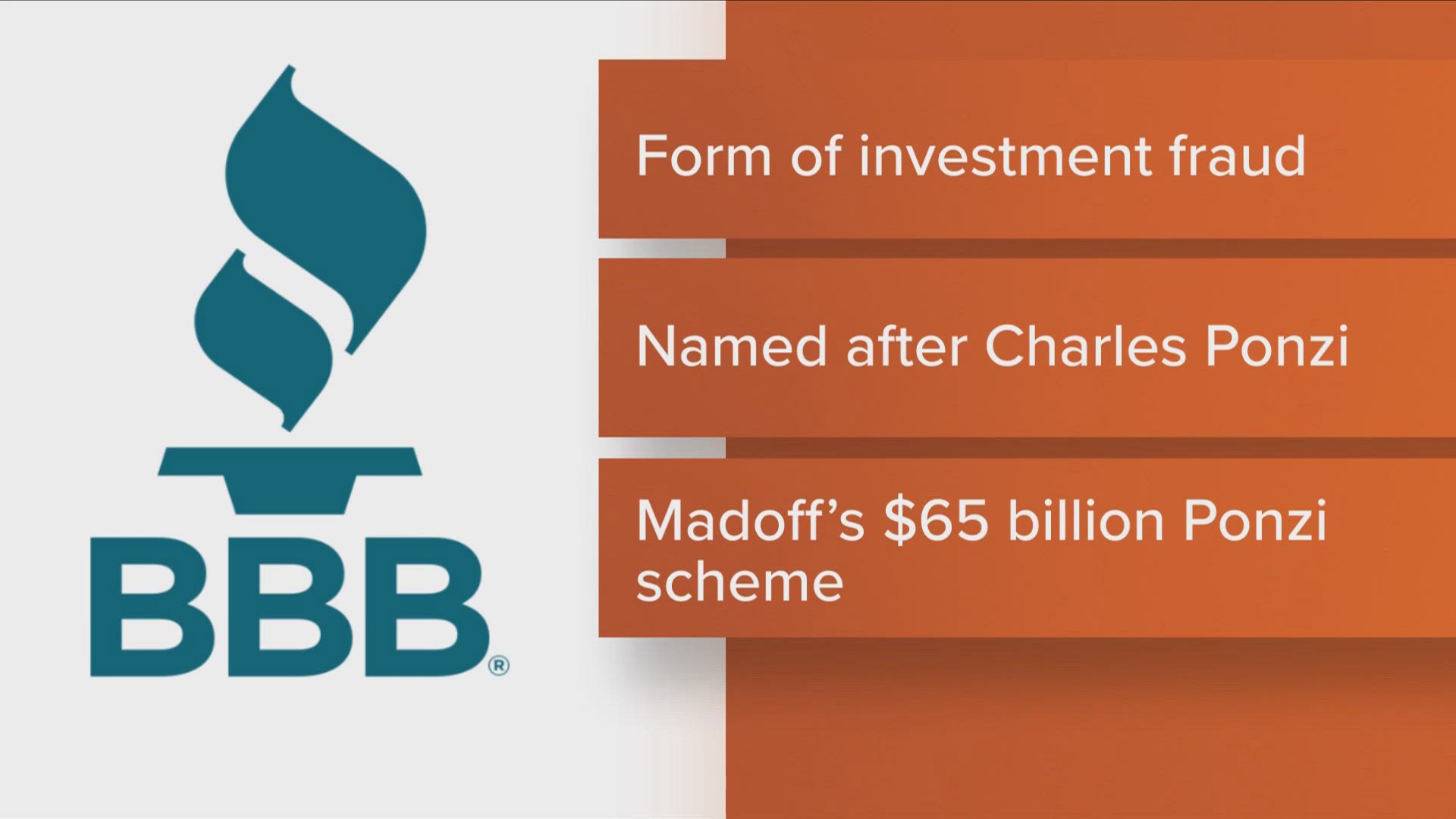A study released by the Better Business Bureau (BBB) reveals an estimated 1 million Americans have been victimized in romance fraud scams with losses nearing $1 billion over the last three years. BBB warns those who use dating websites to be wary of scammers who prey on unsuspecting victims.
The study – “Online Romance Scams: A Better Business Bureau Study on How Scammers Use Impersonation, Blackmail and Trickery to Steal from Unsuspecting Daters” – says the scheme can take a number of months to play out as the scammer gains the victim’s trust. The scammer eventually will ask for small amounts of money to feel out the victim. Victims often turn into unknowing accomplices of money laundering.
The study recommends that law enforcement agencies share more information about successful romance fraud prosecutions, do more training and prosecute more cases. BBB recommends online dating sites and social media do more to screen, identify and remove profiles used for scams. There also needs to be more support services offered for romance fraud victims.
“Oftentimes victims are too embarrassed to report what has happened to them,” said Randy Hutchinson, BBB of the Mid-South President. “They are emotionally devastated – some even consider suicide – as well as wiped out financially.”
If you are going to search for a date online, it’s vital that you know the person on the other end of the conversation is who they say they are.
A Memphis widow met a man through an online dating site who claimed to be an Air Force colonel. He was actually a truck driver in Georgia. She sent him $75,000 for a fake investment opportunity. He took a lavish tropical vacation – without her – and paid off his debts. Her daughter convinced her to file a police report, but she still couldn’t give him up. When the police called about issuing an arrest warrant, he was at her home taking a shower. They hustled over and arrested him.
Among the report’s key findings:
- There is no “typical” victim of romance fraud. They can be male or female, young or old, straight or gay. The common denominator is that they are seeking a loving relationship, and they believe they have found it.
- Scammers often portray themselves as U.S. military members. Military officials say they receive thousands of complaints yearly from scam victims around the world. Officials note military members will never need money for leave or health care.
- The majority of romance fraud has its home in West Africa, particularly Nigeria. There also are groups that operate in Russia and the Ukraine that employ online dating sites to defraud victims.
- At any one time, there may be 25,000 scammers online working on their victims. A company that screens profiles for dating companies told BBB that 500,000 of the 3.5 million profiles it scans monthly are fake.
The report was prepared by C. Steven Baker, BBB International Investigations Specialist. Baker is the retired director of the Federal Trade Commission’s Midwest Region.
In his role with BBB, Baker is working with an alliance of five BBBs in analyzing and reporting on some of the most pervasive fraud issues that impact American consumers. This is his third study released through BBB. A September 2017 study on puppy scams and a December 2017 study on tech support scams he authored each were met with worldwide media coverage.
BBB offers the following tips for daters to avoid being caught in a romance scam:
- Protect your identity and your wallet. Scammers prefer prepaid cards and money transfers. Never send money or any personal information to someone you’ve never met in person. Visiting with someone via a video call doesn’t mean they’re not a scammer. Also, be cautious to not reveal any personal information or do anything you might regret later when using video applications. Some scammers use software to record video calls and then use it to extort money from victims. Don’t succumb to pleas of financial crisis.
- Think before going from public to private. Be hesitant if the conversation moves from a monitored site like social media or a dating site to a more private form of communication like email or instant messaging. This strategy might be a way for the scammer to draw you in without other people interfering.
- Do your research. Pore over the profile image and description. If it sounds too good to be true, verify it. You can perform a reverse image search to see if the profile photo has been used on other websites. You can also copy a portion of their biography and search to see if it’s been used on other sites. Scammers often use the same profile details and photos on multiple sites.
- Ask for details and get specific. Request other forms of identification, like a photo of them holding a piece of paper with their username on it. Ask specific questions about details in their profile. If they claim to be a military member, ask for their official military address as those all end in @mail.mil. Scammers likely will make excuses for why they can’t provide you more information.
- Pay attention to communication. Be wary of bad grammar and misspelled words. No one is perfect, but if mistakes often are repeated, it may suggest they aren’t from where they claim. Be on guard for use of pet names or discussions of marriage early in correspondence.
- Report it. If you feel like you’ve been victimized, report it to BBB’s ScamTracker, the Federal Trade Commission and FBI.



